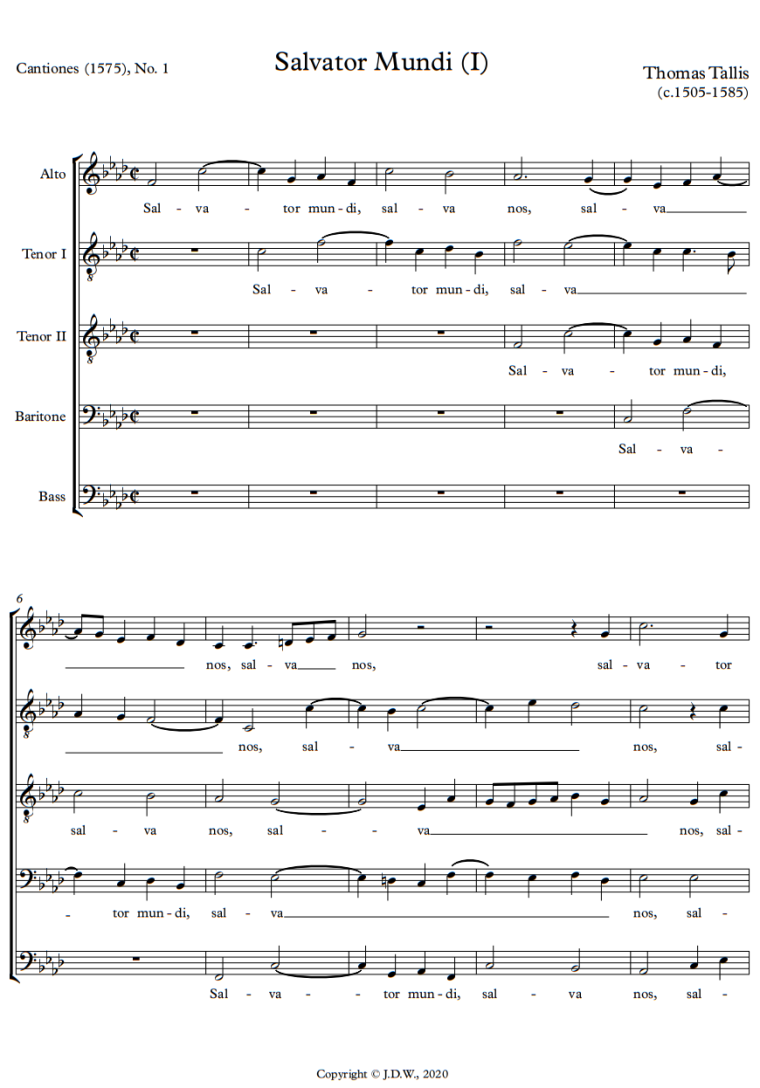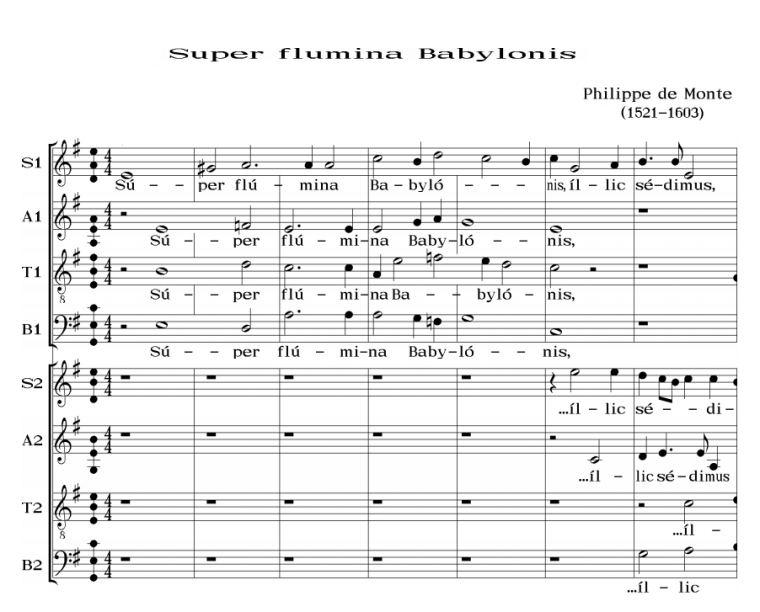Georg Friedrich Händel (1685 - 14 aprile 1759): «Arrival of the Queen of Sheba», sinfonia (preludio) al III atto dell’oratorio Solomon HWV 67 (1749). The Sixteen, dir. Harry Christophers.
Gli adattamenti di questo brano per organici diversi dall’originale sono numerosi. Ve ne propongo alcuni, scegliete voi quelli che vi piacciono di più 🙂
- per organo: Gert van Hoef all’organo della Chiesa di San Martino in Dudelange (Lussemburgo)
- per quartetto di sassofoni: Amethyst Quartet
- per arpa: Ekaterina Afanasieva
-
per flauti dolci e orchestra: Lucie Horsch e Charlotte Barbour-Condini, flauti; The Academy of Ancient Music, dir. Bojan Čičić
- per mandolini e chitarre, tutti suonati da Ben Bosco
- per ensemble di ottoni: 10forBrass.









